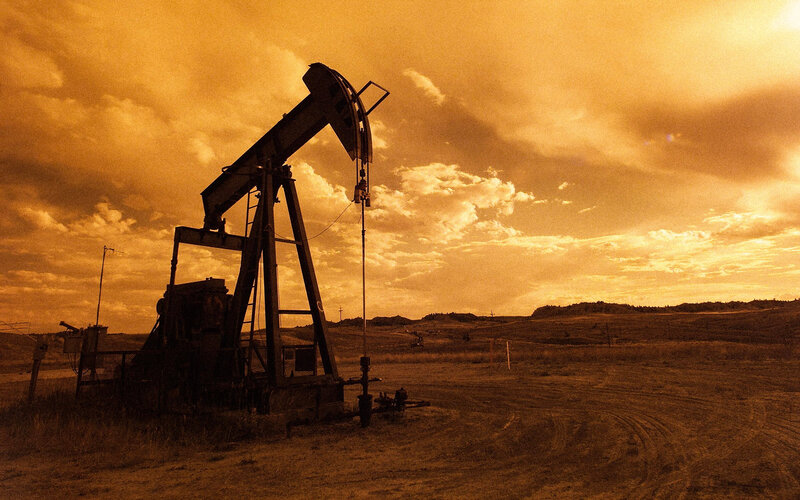
Data as the new oil?
Why we do not only have to develop alternatives to oil.
▽Nov. 8, 2019|Bernhard Kauer
opinionbernhard
Recently, data were referred to as the oil of the 21st century.
I have my doubts. Not when it comes to the comparison itself, but when it comes to the timescale. I don’t think that you can still do good business with personal data in 80 years. But let’s take one thing at a time.
Common features
In many cases, the comparison between oil and data is surprisingly good.
Both are raw materials for large scale industries, which they refine, to make good money out of the end products - on the one hand gas and on the other hand advertising. For example in 2017, Facebook had an operating margin of 50%.
As with oil, data also entail scaling effects privileging big enterprises and thus allowing monopolies. When it comes to oil, Rockefeller’s company Standard Oil controlled 90% of the oil processing in the US from 1878 to 1911.
When it comes to data, the duopoly of Google and Facebook controls more than 60% of digital advertising in the US. On a global scale, it is still one third of all expenditures on digital advertising.
Differences
Every comparison is somewhat misleading. Also in this case, several aspects show that oil and data are completely different:
- A barrel of oil can only be sold once. However, data can be sold several times.
- Oil can be stored virtually without any limit, whereas data can become outdated within hours. Or who takes an interest in yesterday’s weather?
- Oil is oil. But data do not equal data. It so happens that with the same data, Facebook can earn about 10 times more in the US than in Asia.
Not sustainable
Yet another aspect matters to me. Both oil and also data are currently being exploited extensively and not in a sustained matter. At some point there will be no more oil. And then?
The same goes for data. At some point there will be no more trust and the private sphere will be completely destroyed. And then?
- Who will still be offered services for his or her data, when everything is public, anyway?
- What will become of insurances, when they can perfectly discriminate with perfect data?
- What will become of a society, when there are no more private conversations? When we have to consider whether it will have consequences for our future at each step, word or purchase?
- What will become of children and teenagers, when misconduct is no longer possible, since the net never forgets?
But when will this be the case? It is obvious that the current development cannot take the entire century, since the internet is too fast for taking so long.
For instance, Facebook increased its advertising revenues per user in the US by averagely 40% every year from 2011 to 2018, to approximately $11 per month. However, such a fast, exponential growth cannot be pursued for very long. Neither the market, nor the users will accept a multiple of today’s advertising.
The future
You can only bank on the raw materials oil and data as long as there are no better solutions on the market.
Here in Germany, with well-trained people and a keen interest in data protection, we have all the attributes to develop sustainable alternatives.
So that 2048 will not be like 1984.